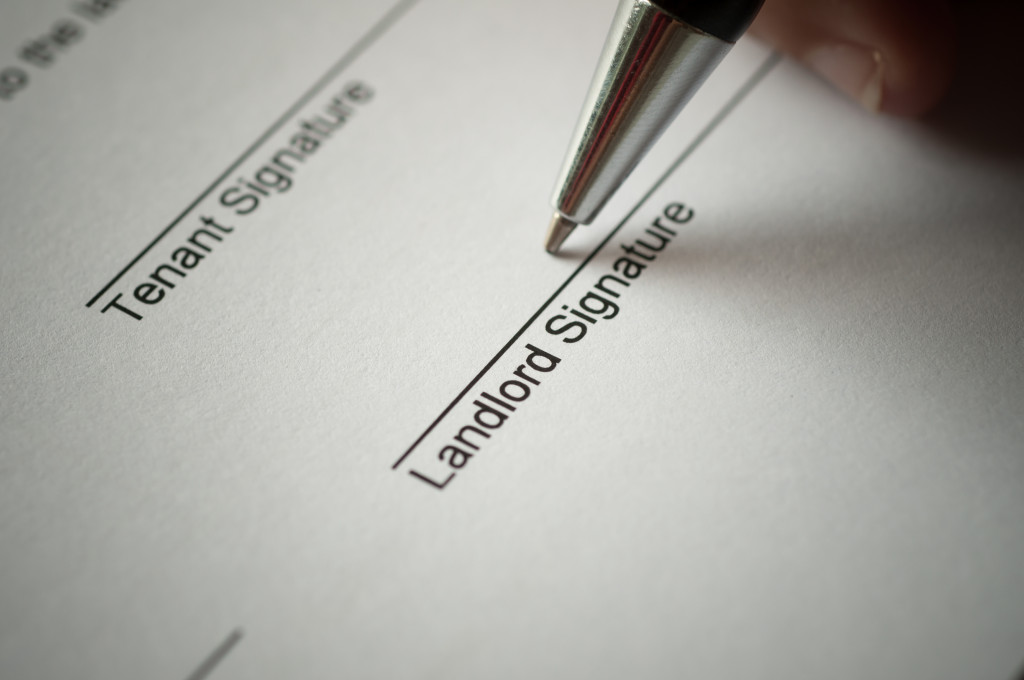Do you own a property and struggle to get your tenants to pay their rent on time? If so, you’re not alone. Late rent is one of the most common problems landlords face. According to a recent report, 15% of American households, or around 6 million people, have been behind in their rental payments.
The good news is that there are steps you can take to reduce the chances of being left with unpaid rent each month. Following these simple tips and strategies can help ensure your tenants pay their rent on time.
Be Clear When Rent is Due
You can do a few key things to ensure tenants pay their rent promptly. First, be clear about when rent is due and the late payment penalties. Many landlords make the mistake of assuming their tenants know when rent is due and the consequences of paying late. However, this is often not the case. Include this information in your lease agreement and review it with your tenants when they move in. You can send a reminder email or text message a few days before the rent is due.
In your contract, indicate what will happen if the rent is late. Will there be a late fee? If so, how much and when will it be applied? You can charge up to 5% of the monthly rental rate as a penalty for late payments. This can help encourage tenants to pay on time.
Hire a Property Manager
Consider hiring a property manager if you need help managing your rental property. They can take care of all the day-to-day tasks of running a rental property and make sure rent is collected on time. Property managers have experience dealing with difficult tenants and can help you manage late payments or evictions if needed. Having a property manager can also help protect you from legal issues. They understand the laws and regulations that apply to landlords, so they can ensure you comply with all local and state laws.
Aside from running after your tenants, they can also serve as a go-between for tenants and property owners. For example, they can mediate disputes or help resolve maintenance issues between landlord and tenant.
Set Up an Automatic Payment System
Second, set up an automatic payment system for your tenants. This way, they will remember to write a check or send a payment each month. They can set up automatic payments from their bank account and have the money withdrawn on the day rent is due. Many landlords offer a discount for tenants who set up automatic payments, another incentive for them to do so. An automatic payment also ensures that your tenant is employed and that their bank account is in good standing. This can help to protect you from potential problems.

Enforce Your Late Payment Policy
It’s important to enforce your late payment policy. If a tenant pays late or not, take action immediately. This sends a strong message that you mean business, and any future payments must be made on time. Depending on the severity of the situation, you may need to take legal action or even evict your tenant. Ensure that this is understood in the contract signing so that the tenant knows the consequences of not paying rent on time. This policy will also help protect you in the event of a dispute.
Be Understanding, but Firm
Finally, be understanding but firm if a tenant does happen to pay late. Many landlords immediately begin charging late fees or sending demanding emails/text messages even one day late with their rent. However, this isn’t always necessary or productive. If you can talk with your tenant and work out a payment plan, they may be more likely to stick to it and catch up on their rent eventually.
Your tenants may have personal issues such as illness, job loss, or financial difficulty that have caused them to fall behind. Understanding and working with them to devise a solution can help your tenant get back on track while maintaining a positive relationship.
However, remember that being understanding doesn’t mean you have to be a pushover. You can still charge late fees and pursue other legal actions if necessary. You could take action when you notice that a tenant is consistently late with rent payments and must adhere to their lease terms.
At the end of the day, communication is key. Your tenants will most likely pay on time if they know the penalties and understand that you have a zero-tolerance policy. Taking action promptly when tenants do not adhere to the terms of their lease can also protect you from potential legal issues in the future. Understanding and being firm when dealing with a tenant’s late payments can help maintain a good relationship and ensure your property is managed properly.



